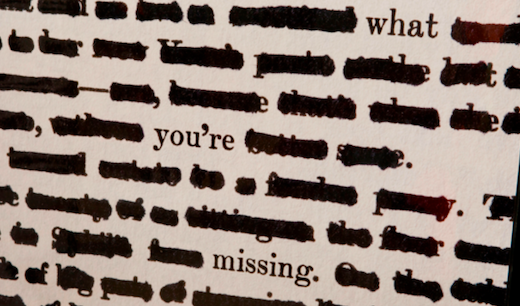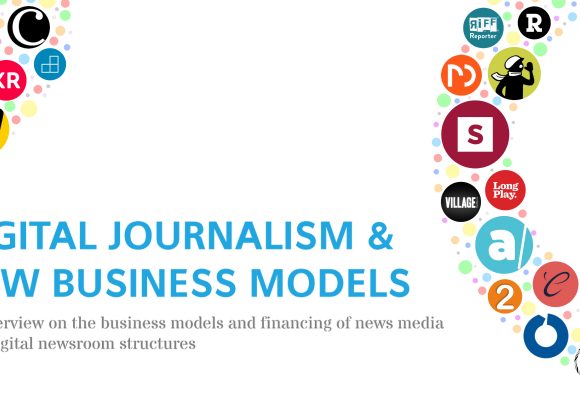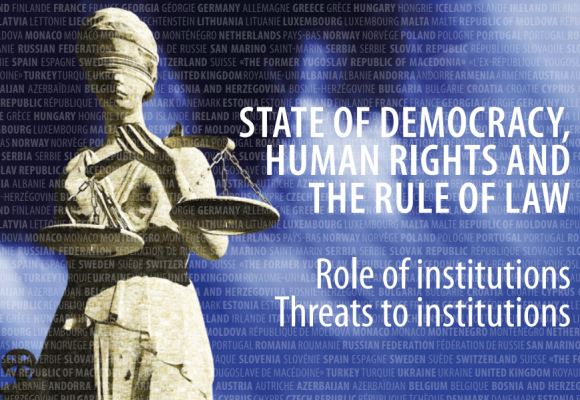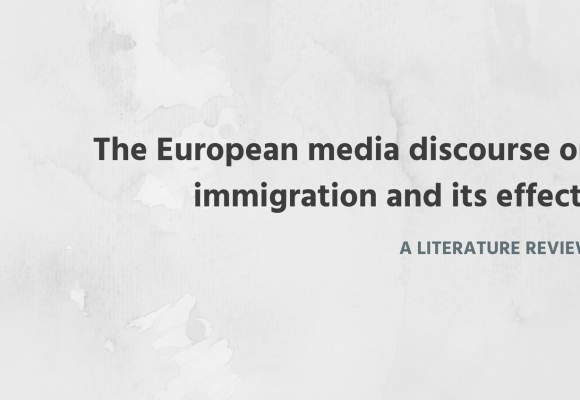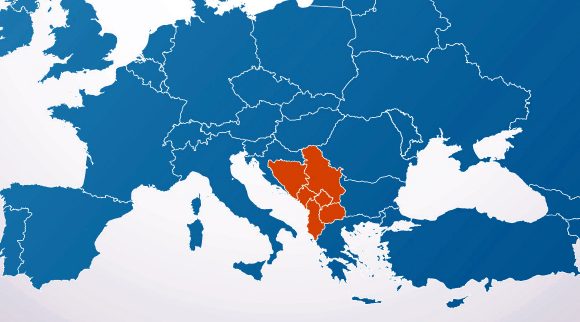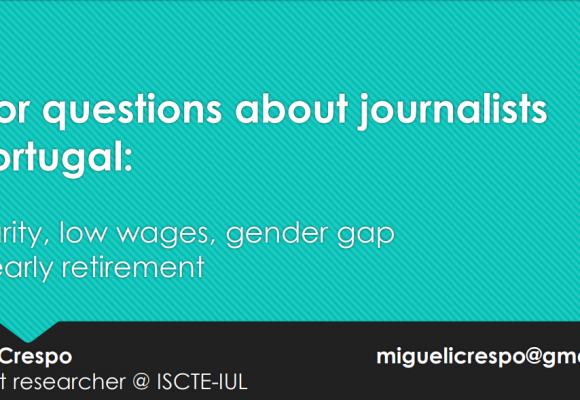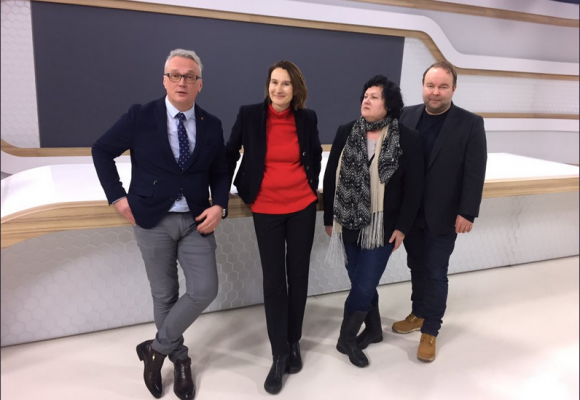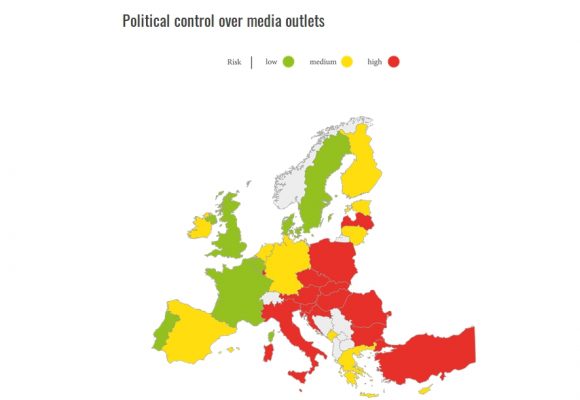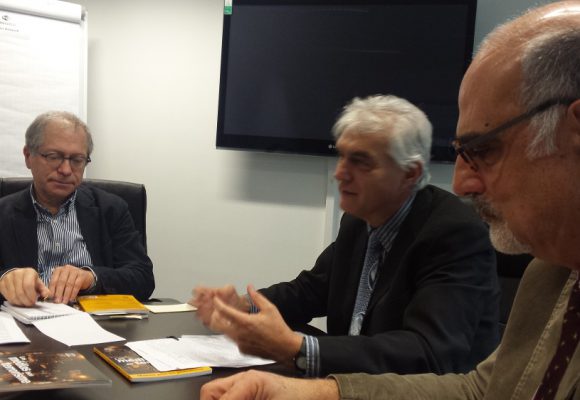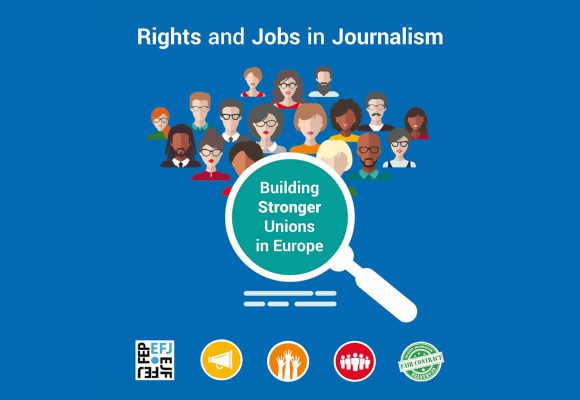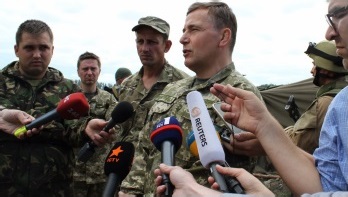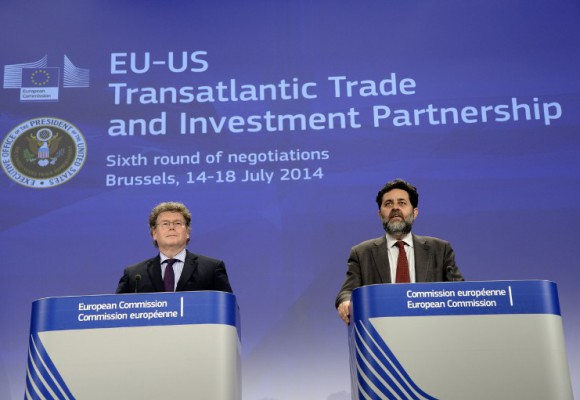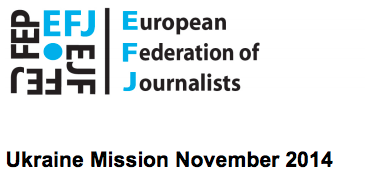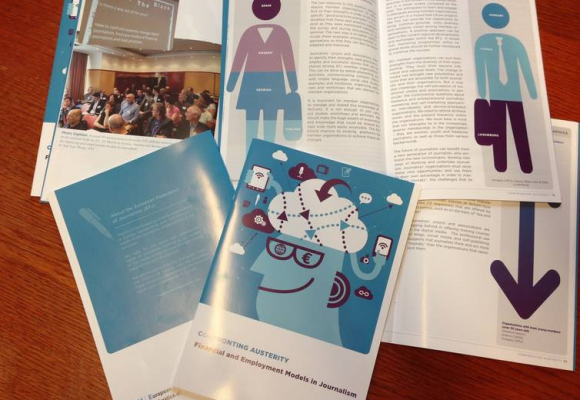2020 Annual Report: Attacks on media in Europe must not become a new normal
Launch of the 2020 Annual Report by the partner organisations to the Council of Europe Platform to Promote the Protection of Journalism and Safety of Journalists Attacks on press freedom in Europe are at serious risk of becoming a new normal, 14 international press freedom groups and journalists’ organisations, including the European Federation of Journalists (EFJ), warn today as they launch the 2020 annual report of the Council of Europe Platform for the Protection of Journalists. The fresh assault on media freedom amid the Covid-19 pandemic has worsened an already gloomy outlook. The report analyses alerts submitted to the Platform…

